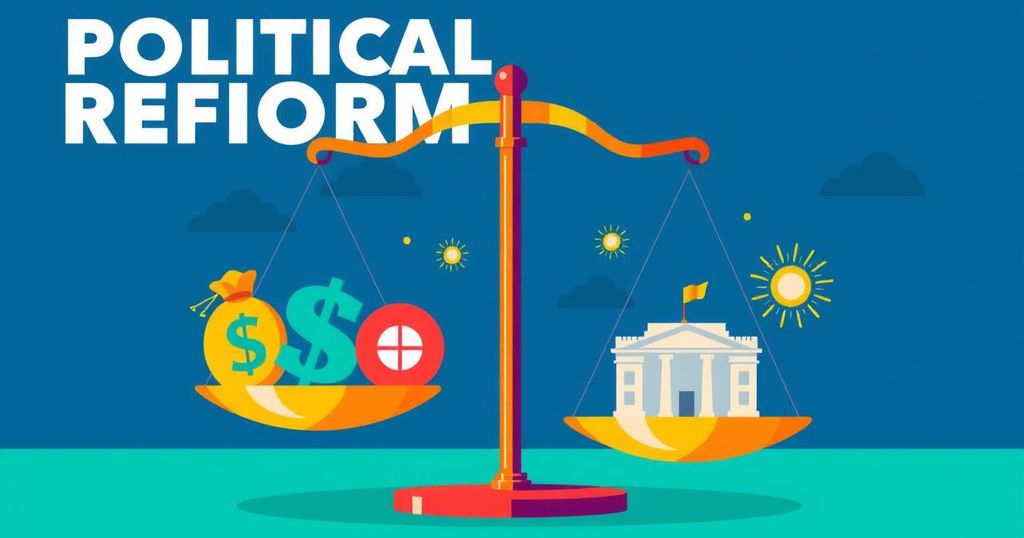Party Nomination Costs Seen as Corruption in Elections
- Kingsley Chinda labels party nomination costs as corrupt phase of elections.
- Chinda calls for reforms to support internal democracy in political parties.
- High nomination fees discourage ordinary Nigerians from political participation.
- Proposed reforms include digital voting systems for party primaries.
- Olorunmola emphasizes financial barriers silence diverse voices in democracy.
High nomination costs hinder political participation
The Minority Leader of the House of Representatives, Mr. Kingsley Chinda, sharply criticized the soaring costs associated with party nominations, deeming them as the most corrupt aspect of Nigeria’s electoral process. During a keynote speech on Tuesday in Abuja, he addressed a gathering at the public presentation and stakeholder engagement event concerning the Cost of Politics and Political Inclusion Report. Mr. Chinda’s remarks raised crucial questions regarding the substantial financial requirements for party nomination forms, questioning the real value of such exorbitant fees.
Reforms necessary to promote democracy
In his remarks, Chinda called for significant reforms within political parties to foster internal democracy and ease the financial hurdles confronting potential candidates. He advocated for the adoption of digital voting systems during party primaries and emphasized the need for transparent processes in delegate selection as well as strict limits on campaign spending. “We already have regulations in place; our challenge lies in enforcement,” the lawmaker pointed out, indicating that the existing Electoral Act sets spending limits of between 70 million to 100 million naira but emphasizes that these rules are often ignored without repercussions.
Combating financial barriers in politics
Chinda’s vision also included establishing an independent Electoral Offences Commission to ensure compliance with electoral laws. He suggested implementing real-time tracking of campaign expenses and mandated public disclosures of funding sources to ensure accountability. Potential penalties, he noted, should include barring candidates from running for office for a specified timeframe if they violate these regulations. According to him, addressing these financial barriers is essential not only for broadening political participation but also for reinforcing the democratic framework in Nigeria.
In summary, Mr. Kingsley Chinda has accentuated the unacceptable costs associated with party nominations in Nigeria, which he asserts stifle democracy and citizen participation. The proposed reforms aim to enhance internal democracy, improve enforcement of electoral regulations, and ultimately reduce the financial obstacles currently discouraging potential candidates. As stakeholders rally together, the urgency for substantial dialogue and action is clear, aligning with the goal of creating a more inclusive political environment for all Nigerians.




Post Comment